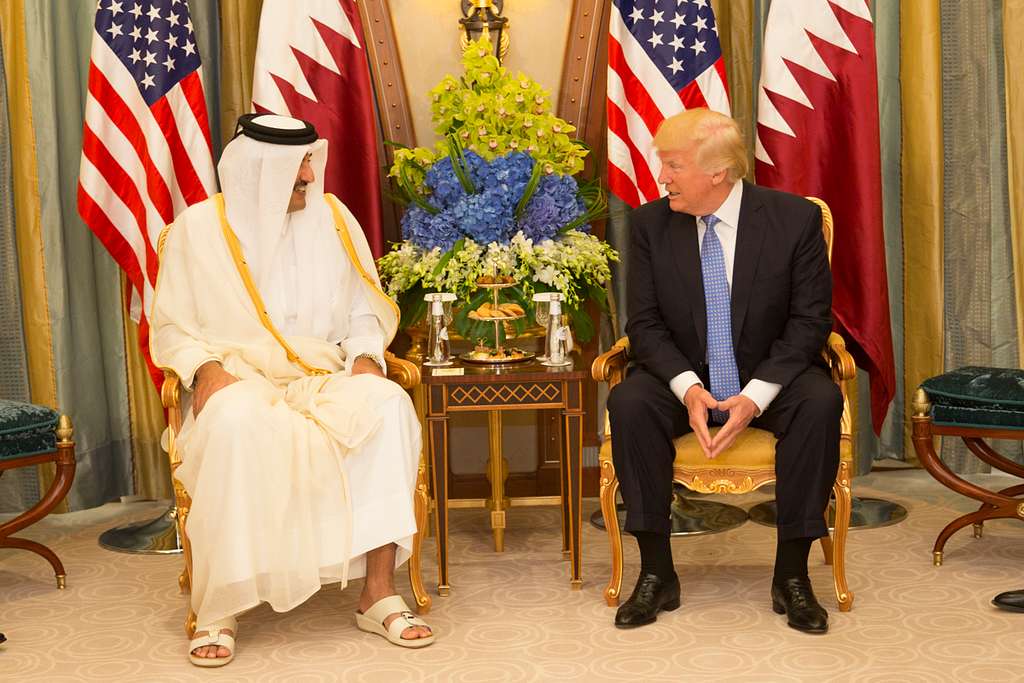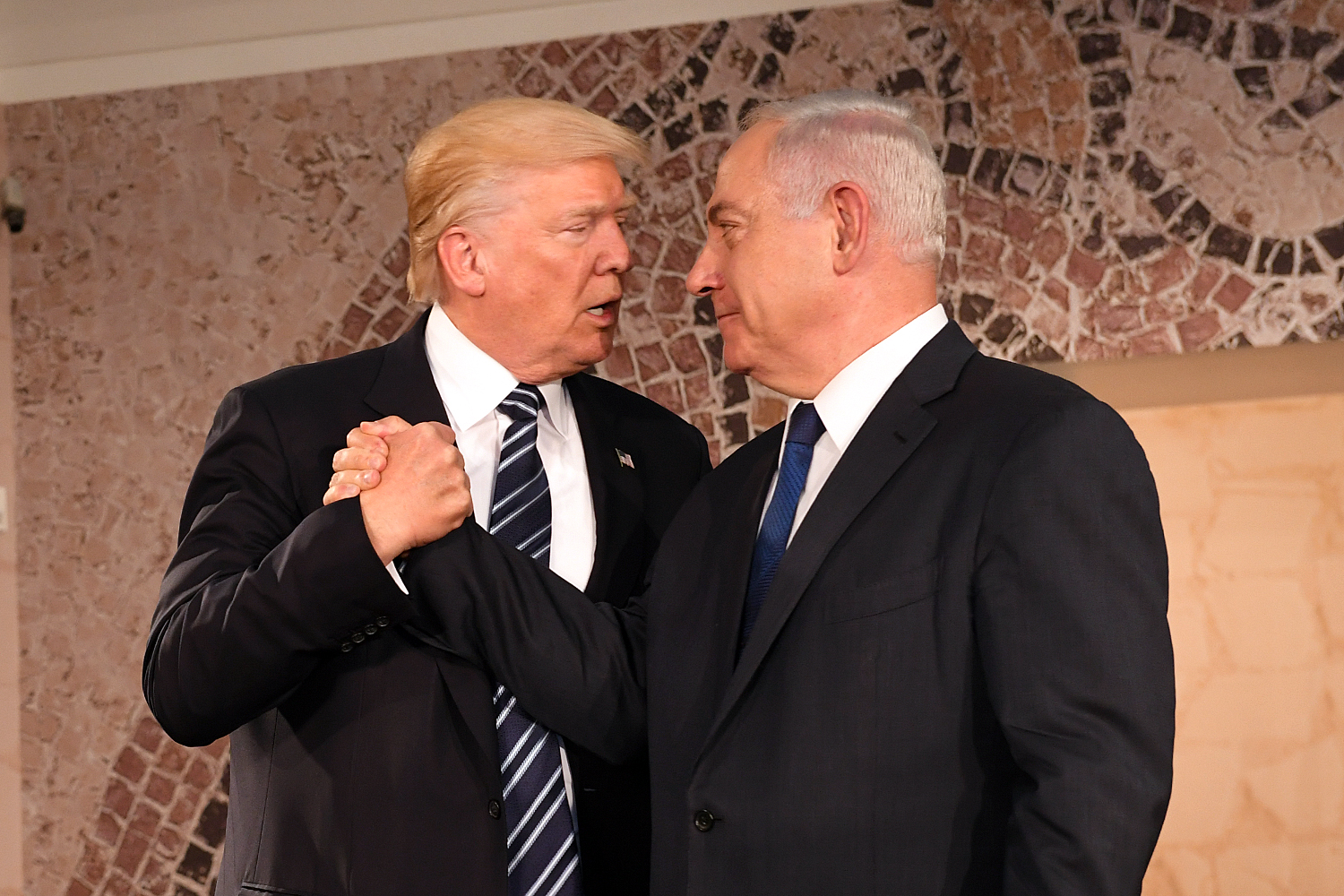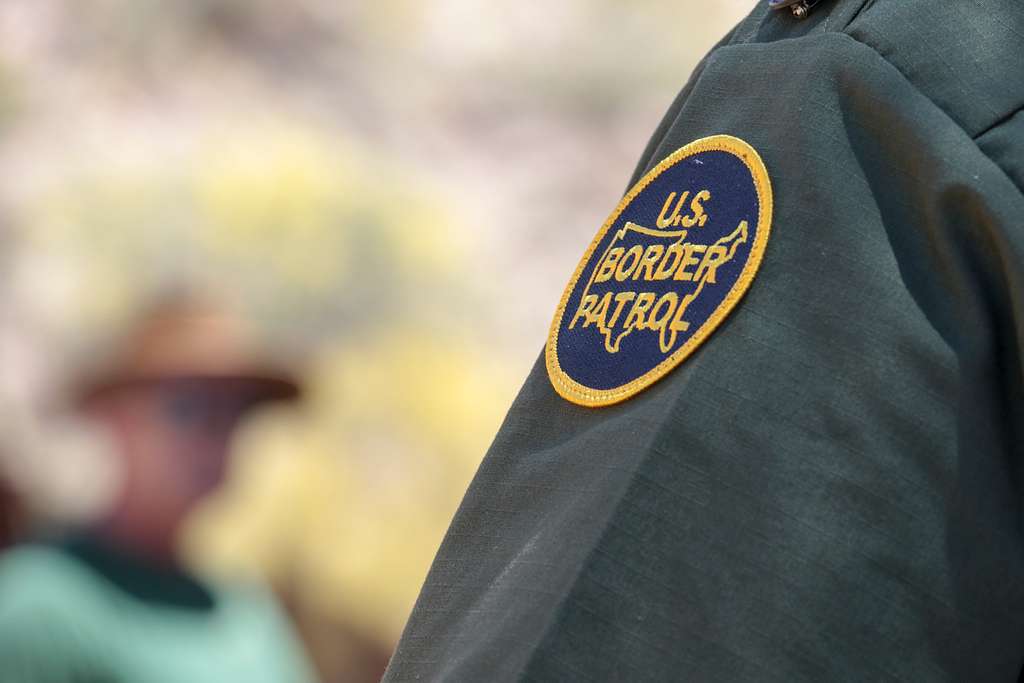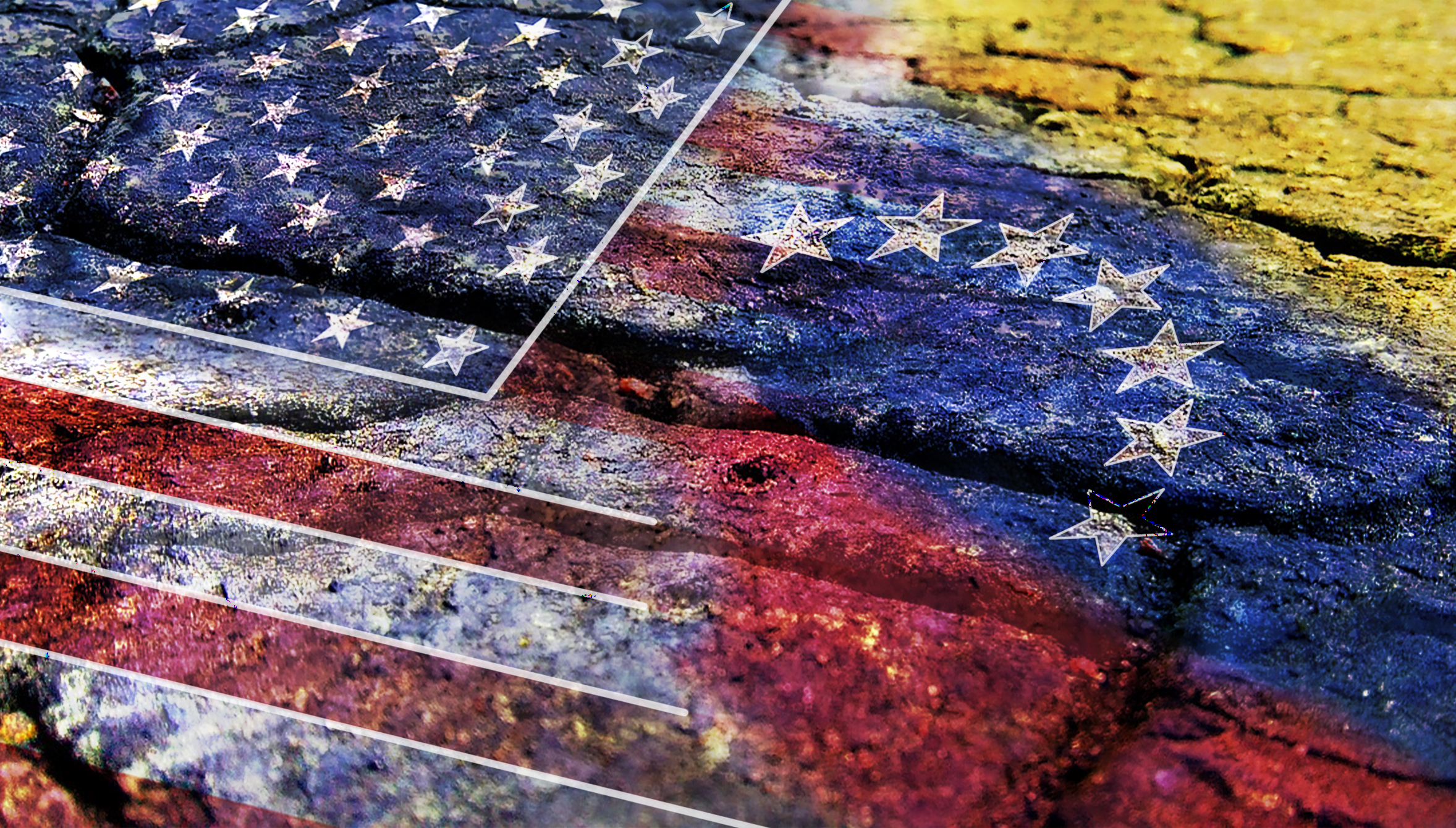A U.S. immigration judge has ordered the deportation of Mahmoud Khalil, a Palestinian-born legal resident and former Columbia University graduate student, on the grounds that his pro-Palestinian activism poses a threat to U.S. foreign policy interests.
Khalil, who has not been charged with any crime, was detained in March and held without bail at an ICE facility in Louisiana. His legal team says he was arrested days after helping to organize nonviolent campus protests demanding a ceasefire in Gaza and an end to U.S. military aid to Israel.
The Government’s Case
The case against Khalil is built around a rarely invoked provision of the Immigration and Nationality Act, allowing the government to deport legal residents who “undermine U.S. foreign policy objectives.” The government’s key evidence came not from any alleged criminal conduct, but from statements made by Secretary of State Marco Rubio, who declared Khalil’s activism “functionally antisemitic” and incompatible with American diplomatic aims.
Prosecutors pointed to Khalil’s leadership in student coalitions and his participation in rallies where chants like “From the river to the sea” were heard—asserting that such activity destabilizes U.S.-Israel relations. Khalil’s lawyers argue that this is protected political speech, and that the government’s case amounts to viewpoint discrimination dressed up as national security.
Civil Liberties on the Line
Khalil’s deportation ruling has sparked immediate backlash from free speech advocates, legal scholars, and human rights organizations.
“This case isn’t about national security. It’s about punishing speech the government doesn’t like,” said a statement from the Center for Constitutional Rights. “If this ruling stands, every immigrant in America should worry that political disagreement could become grounds for expulsion.”
The ACLU warned that the precedent could chill dissent, especially on university campuses, where protest movements critical of U.S. policy are already under scrutiny. Meanwhile, multiple members of Congress have expressed concern about the vague standard used to determine what constitutes a “foreign policy threat.”
Appeal Likely
Khalil’s attorneys have vowed to appeal the ruling to the Board of Immigration Appeals and, if necessary, to federal court. They argue the case sets a dangerous precedent: the idea that participation in peaceful protest could be reclassified as a national security threat—particularly when that protest challenges a U.S. ally.
Khalil himself issued a statement from detention through his legal team: “I came to this country believing in its promise of freedom. I never imagined that speaking out would be treated as a crime.”
A Warning Shot
This is not an isolated case—it’s a signal. The ruling against Mahmoud Khalil marks a turn toward using immigration law as a tool of ideological enforcement. By stretching vague national security provisions to silence criticism of U.S. foreign policy, the administration is rewriting the rules of democratic engagement.
And for millions of immigrants who have made a life in America, the message is clear: speak carefully—or don’t speak at all.
Author
Discover more from The Crustian Daily
Subscribe to get the latest posts sent to your email.













